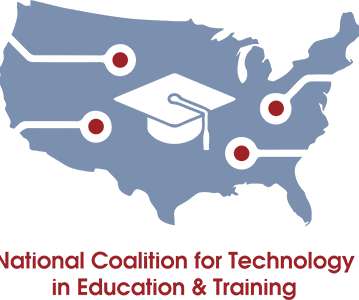Developing Systems for Effective, Equitable Education for All Students
edWeb.net
FEBRUARY 18, 2021
First, districts need to address the digital divide/homework gap in meaningful ways. Another aspect of the digital divide includes teachers. What’s needed to address the digital divide for all is sustainable, dedicated funding that allows districts to meet the needs of the community.















Let's personalize your content